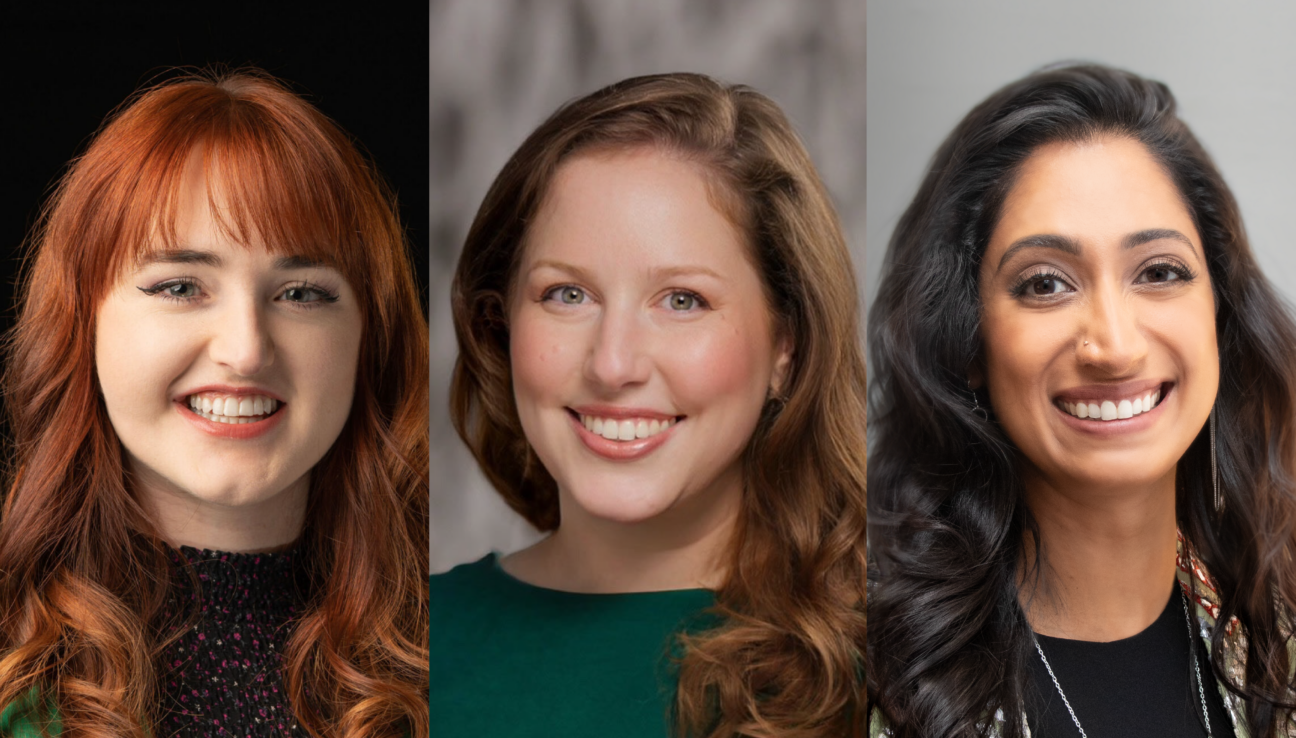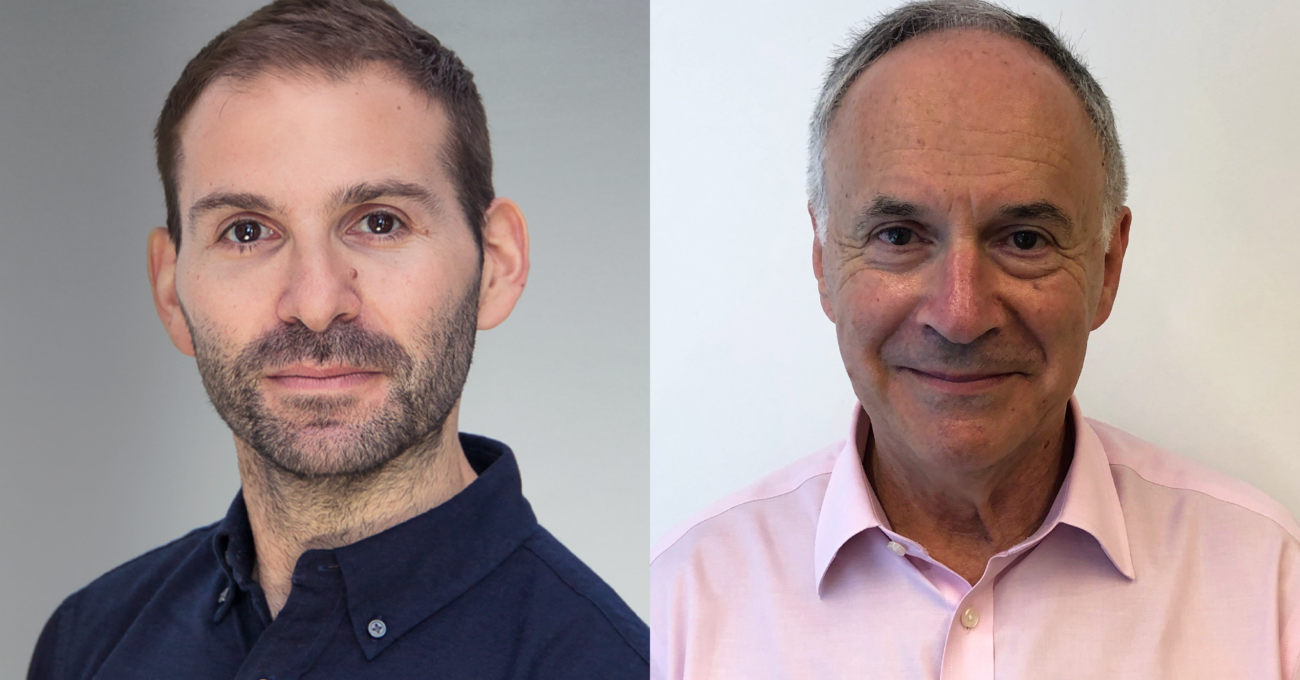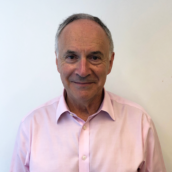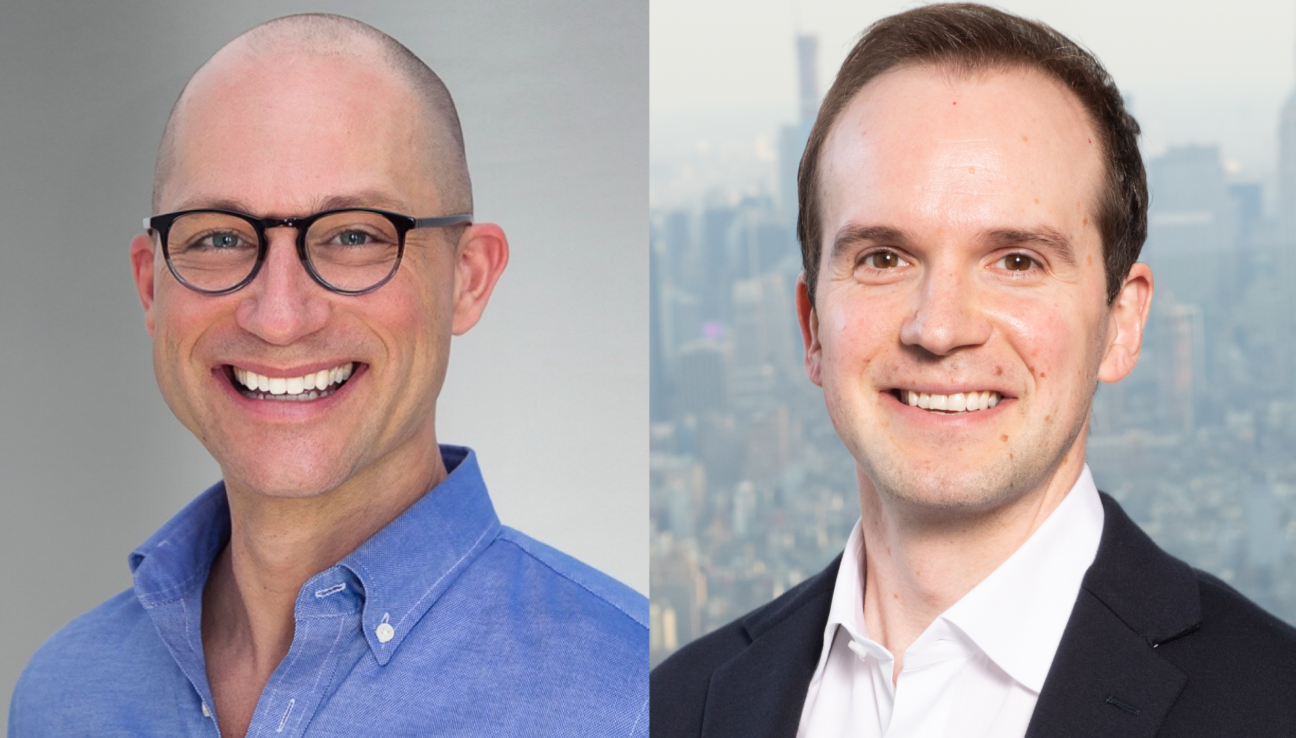
A new cohort of inspiring and determined individuals has moved into leadership positions at cultural organizations—and they’re challenging traditional notions about what arts management should look like.
In this episode, CI’s VP, Managing Director Christopher Williams sits down with three young leaders to discuss generational shifts in leadership styles, navigating the complexities of people management, and the changes they hope to see in their respective arts communities and the industry at large.




